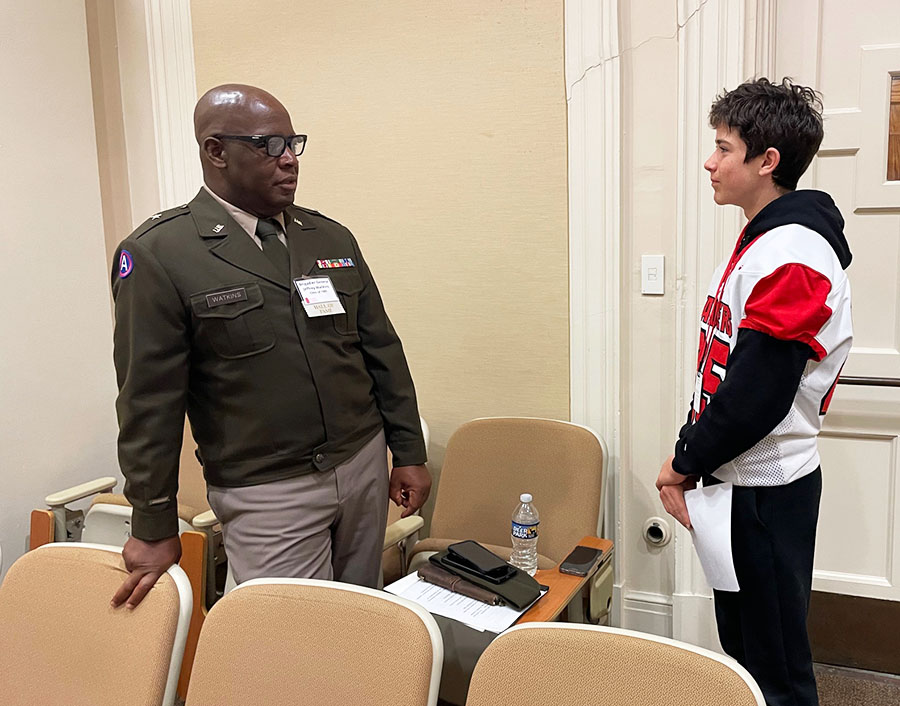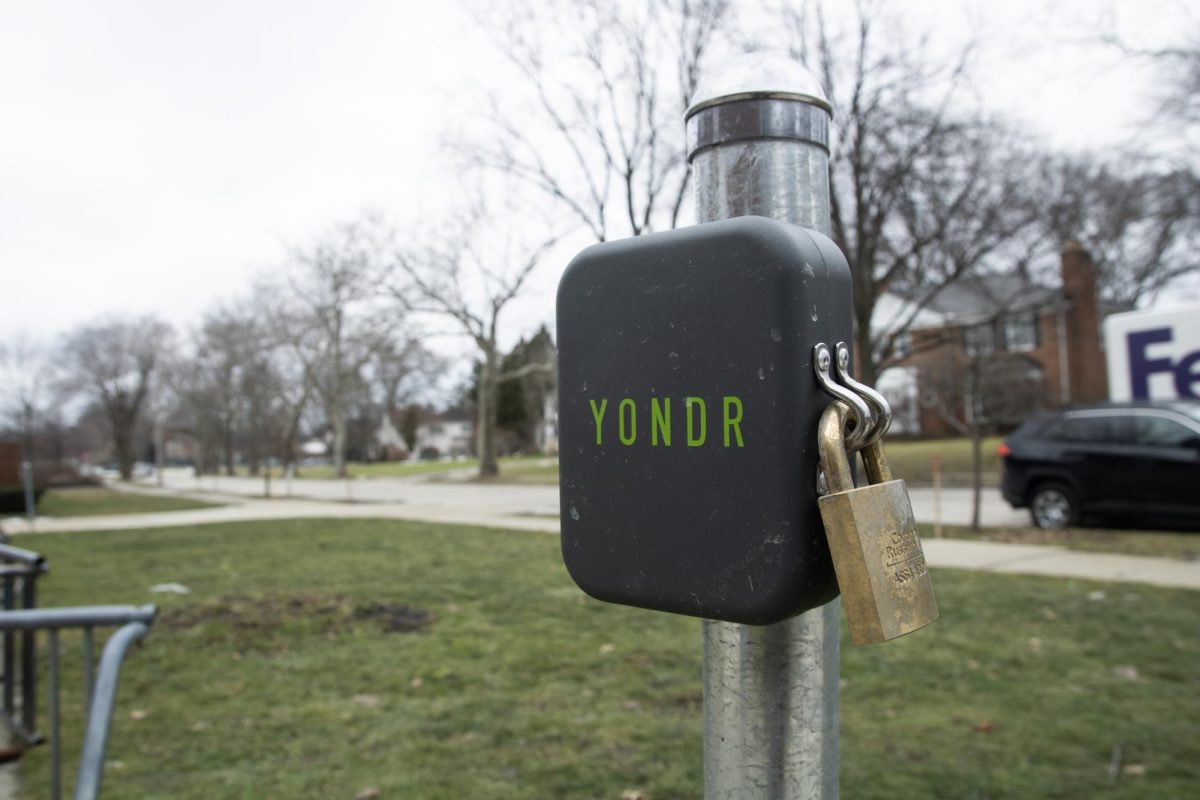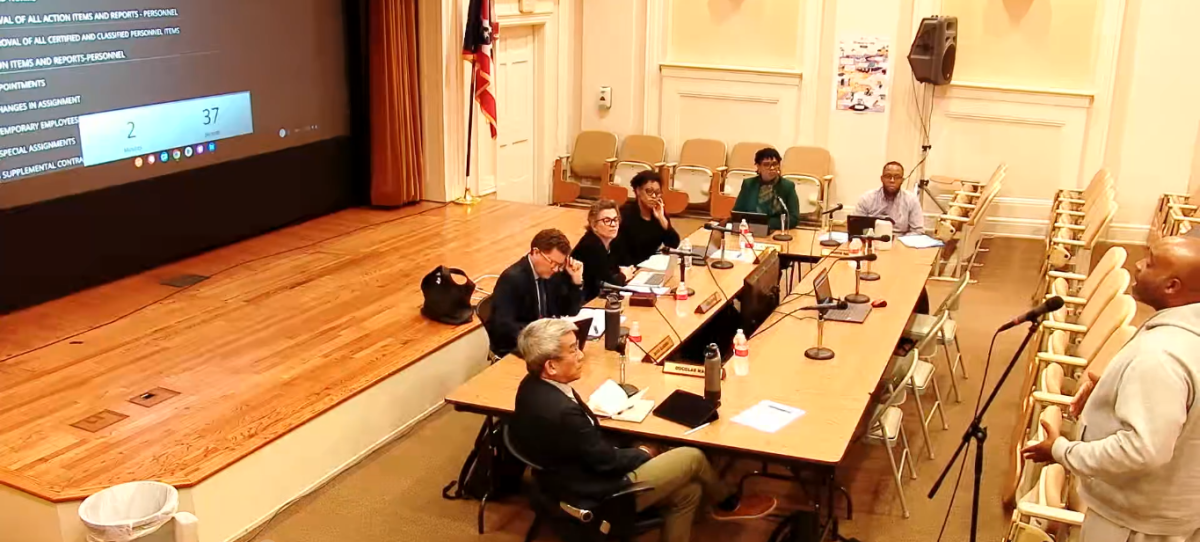A three-judge panel from the Eleventh District Court of Appeals denied a motion to reconsider its Feb. 13 decision to uphold the murder conviction of Ronald Kelly (’08).
Kelly and Adrian Barker (’06) were convicted in the death of 23-year-old Kent State University student Christopher Kernich, who suffered fatal injuries during a fight near the KSU campus in the early hours of Nov. 15, 2009.
In their April 11 decision to deny the request, the judges refuted three claims. First, Kelly claimed that at trial, the jury was improperly instructed that he should have foreseen the harm that would come to Kernich from his actions because there was not sufficient testimony that he stomped the victim. The decision recounts the testimony of five people who said they witnessed Kelly do so.
Secondly, Kelly contended the trial jury should have been told that they could consider lesser offenses. The panel ruled that because Kelly’s attorney did not request instruction at the original trial and did not mention it in the first brief filed for the appeal request it was too late to do so now.
Finally, Kelly claimed “ineffective assistance of counsel,” a claim that the judges ruled had no support.
Barker and Kelly were leaving a fraternity party that night, and the car they were riding in nearly collided with Kernich and others who were walking on the sidewalk. According to testimony, after Kernich directed “unfriendly” comments at the vehicle, the driver parked and exited the car along with Barker and Kelly, who began to fight with Kernich.
Barker knocked Kernich to the ground, and his head hit the cement, fracturing his skull. Witnesses testified that Barker and Kelly then kicked and stomped Kernich repeatedly with “soccer kicks” while he lay motionless. Kernich died at the hospital days later, and Barker and Kelly were eventually found guilty of his murder.
Two separate panels from the Ohio 11th District Court of Appeals heard appeals for both men and released their decisions Feb. 13. The panel hearing Barker’s appeal vacated his conviction and ordered a new trial. In its opinion upholding Kelly’s conviction, the court stated, “Nothing indicates that the jury lost its way when relying on the evidence such that a manifest miscarriage of justice occurred.”
Barker and Kelly were both originally sentenced to 15 years to life in prison after juries in separate trials convicted the men of murder and felonious assault in 2010. The appeals court upheld Barker’s conviction for tampering with evidence.
Kelly’s remaining option is appeal to the Ohio Supreme Court, which is not obliged to consider his request.





